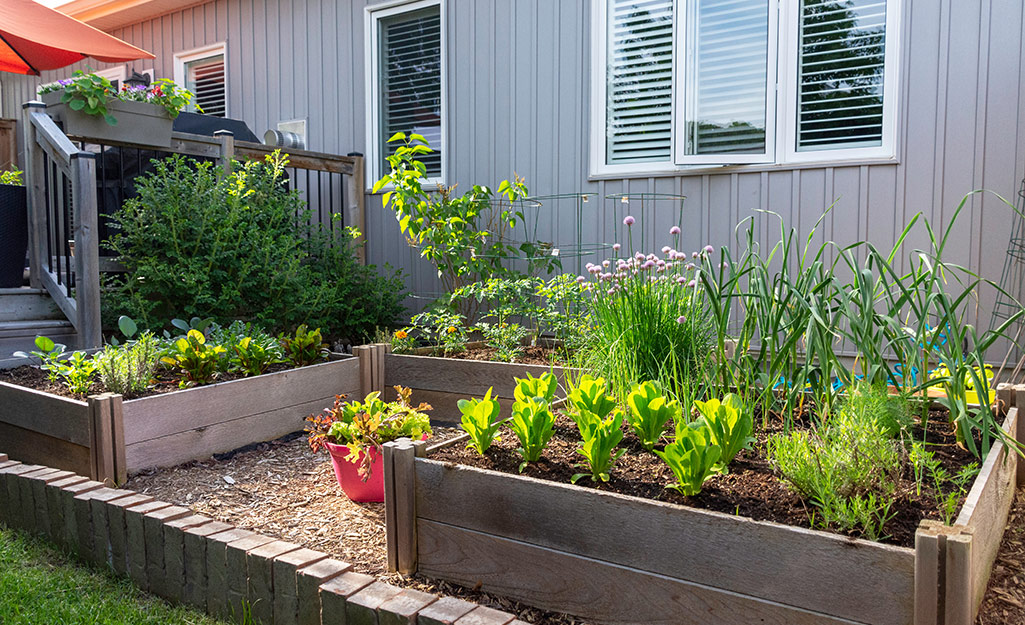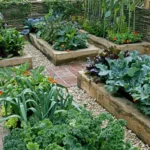In recent years, the debate between off grid vs on grid homesteading has captured the attention of many aspiring homesteaders. With the growing interest in sustainable living, it is crucial to understand the dynamics of both approaches. Whether you are a seasoned homesteader or someone dreaming about a self-sufficient lifestyle, this article aims to guide you through the essentials of each method.

Introduction to Homesteading
Homesteading is a lifestyle of self-sufficiency characterized by subsistence agriculture, home preservation of food, and sometimes the small-scale production of textiles, clothing, and craftwork. People choose homesteading for various reasons, including a desire for independence, environmental concerns, and the pursuit of a simpler life.
Off Grid Homesteading: A Closer Look
What Does Off Grid Mean?
Off grid homesteading refers to living without reliance on public utilities, such as electricity and water. This approach often involves generating your own power, managing water resources, and growing your own food. It’s a lifestyle that promotes self-sufficiency and sustainability.
Advantages of Off Grid Living
One of the primary benefits is the independence from external systems. This means fewer bills and a reduced carbon footprint. Off grid homesteaders also enjoy a strong connection to nature and the satisfaction of being self-reliant.
On Grid Homesteading: An Overview
Understanding On Grid Homesteading
On grid homesteading involves utilizing public utilities while still maintaining a homesteading lifestyle. This can include accessing electricity, water, and gas from the grid while growing your own food and practicing sustainability.
Benefits of On Grid Homesteading
Being on grid allows for the convenience of modern amenities and services. It provides a safety net for those who might not want to fully commit to an off grid lifestyle. On grid homesteaders can still practice sustainable living with less risk and effort.
Comparing Off Grid vs On Grid Homesteading
Cost Analysis
While off grid living can reduce ongoing utility costs, the initial setup can be expensive. Solar panels, water systems, and other sustainability measures can require significant investment. On the other hand, on grid homesteading has lower initial costs but ongoing utility expenses.
Environmental Impact
Off grid homesteading typically has a lower environmental impact due to less reliance on fossil fuels and centralized services. However, on grid homesteaders can also minimize their footprint by using mulching techniques and other sustainable practices.
Community and Social Aspects
Off grid living can be isolating, as homesteaders may live in remote areas. It requires a strong sense of community or a willingness to be self-reliant. On grid homesteading often allows for more social interaction and community involvement, as it is usually closer to urban areas.
Key Considerations for Aspiring Homesteaders
Assessing Your Goals
Before deciding on a homesteading approach, consider your goals. Are you looking for complete independence and self-reliance, or do you prefer the balance of sustainability with modern conveniences?
Evaluating Resources
Evaluate your financial resources, time, and skills. Off grid homesteading requires more initial investment and maintenance, while on grid can be less demanding on these fronts.
Real-Life Examples
There are numerous examples of successful homesteads. Some families thrive off the grid, managing their own power and water systems, while others integrate modern amenities into their homesteading practices. For inspiration, consider exploring resources like urban homesteading ideas.
Conclusion: Making the Right Choice
Choosing between off grid vs on grid homesteading depends on your personal preferences, resources, and lifestyle goals. Both approaches offer unique benefits and challenges, and the right choice is the one that aligns with your vision of a sustainable and fulfilling life.

FAQs
What is off grid homesteading?
Off grid homesteading means living independently from public utilities, generating your own power, managing your water supply, and often growing your own food.
Can you homestead on grid?
Yes, on grid homesteading allows you to use public utilities while still maintaining a homesteading lifestyle focused on self-sufficiency and sustainability.
Which is more cost-effective, off grid or on grid?
Off grid can be more cost-effective in the long term but requires substantial initial investment. On grid has lower initial costs but ongoing utility expenses.






